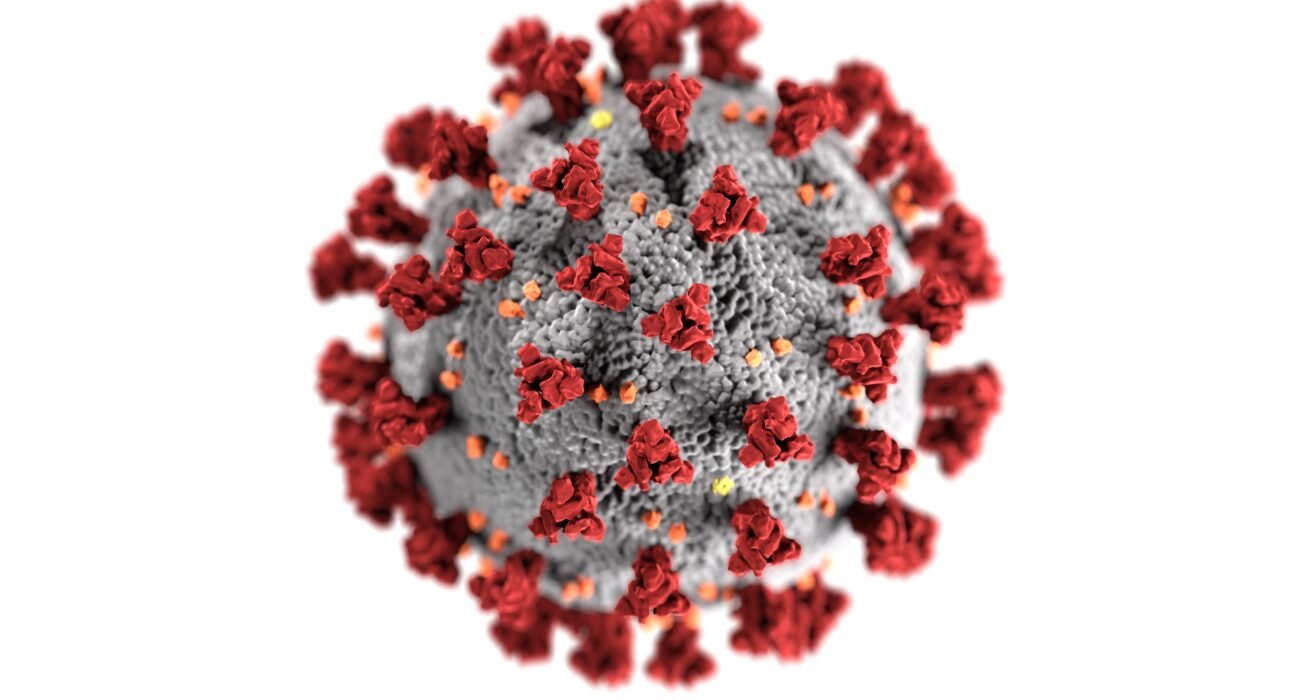A clinical trial of Merck’s Covid-19 antiviral pill failed to lower hospitalisation and death among adults at higher risk from the disease.
The preliminary results of the trial, held in the United Kingdom, published recently, showed that molnupiravir (the pill) proved effective in cutting short recovery time but had no benefit in reducing hospitalisations, one of the main measures used by regulatory authorities to recommend antiviral treatments. Its results were comparable to the placebos administered in the trial.
More than 25,000 people participated in the trial.
Chris Butler, an Oxford University professor and chief investigator on the trial, said: “there was no difference” between receiving the drug or a placebo in a context of low hospitalisations during the Omicron wave of Covid-19.
He stressed that these were preliminary results and that further analysis was awaited before regulators decide on whether to allow the drug or not.
Efficacy doubts
The present results cast doubts over the efficacy of molnupiravir, which has already sold worth $5bn, but which critics allege has shown no discernible benefit.
Merck’s drug, branded Lagevrio, sent the company’s shares up last year after early data from a late-stage trial revealed that it cut the risk of death and hospitalisation from Covid-19 by half. But subsequent analysis showed its efficacy to be just 30 per cent.
Health experts and doctors opine that if this present trial, which is the largest undertaken for Covid-19 infections, shows no great benefit, then it would be difficult to justify the significant spend of nearly $5 billion on the drug worldwide to date.
The European Union regulator, the European Medicines Agency, has postponed molnupiravir’s review and approval because of concerns around efficacy.“Unfortunately, it’s difficult to say much on molnupiravir if not that it does not appear to have impact on [disease] progression, ” said a spokesperson. The UK regulator, the Medicines and Healthcare products Regulatory Agency, has approved the drug in limited settings. The US Food and Drug Administration has approved molnupiravir but restricted its use.
Merck said the trial yielded important results and supported the value of Lagevrio in this evolving pandemic, where vaccination rates are higher, and the Omicron variant is causing less-severe disease, including fewer hospitalisations and deaths.
Covid-19 nasal spray
A joint effort by Oxford University researchers and AstraZeneca Plc to create a nasal-spray version of their COVID-19 shot also suffered a setback as initial human trials failed to give the desired results.
An antibody response in the respiratory mucous membranes was seen in only a few participants in the trial, which was in the first of usually three phases of clinical testing, the University of Oxford said in a statement on Tuesday.
A lot of hope was riding on the success of this trial against coronavirus as it was believed to not only prevent infection but also trigger an immune response directly in the airways, where the virus enters the body.
Regulators in India and China have already cleared products that are administered through the airways.
India approved Bharat Biotech’s COVID-19 nasal spray vaccine in September, while China’s CanSino Biologics Inc also recently won emergency approval for an inhaled version of its COVID-19 vaccine.








